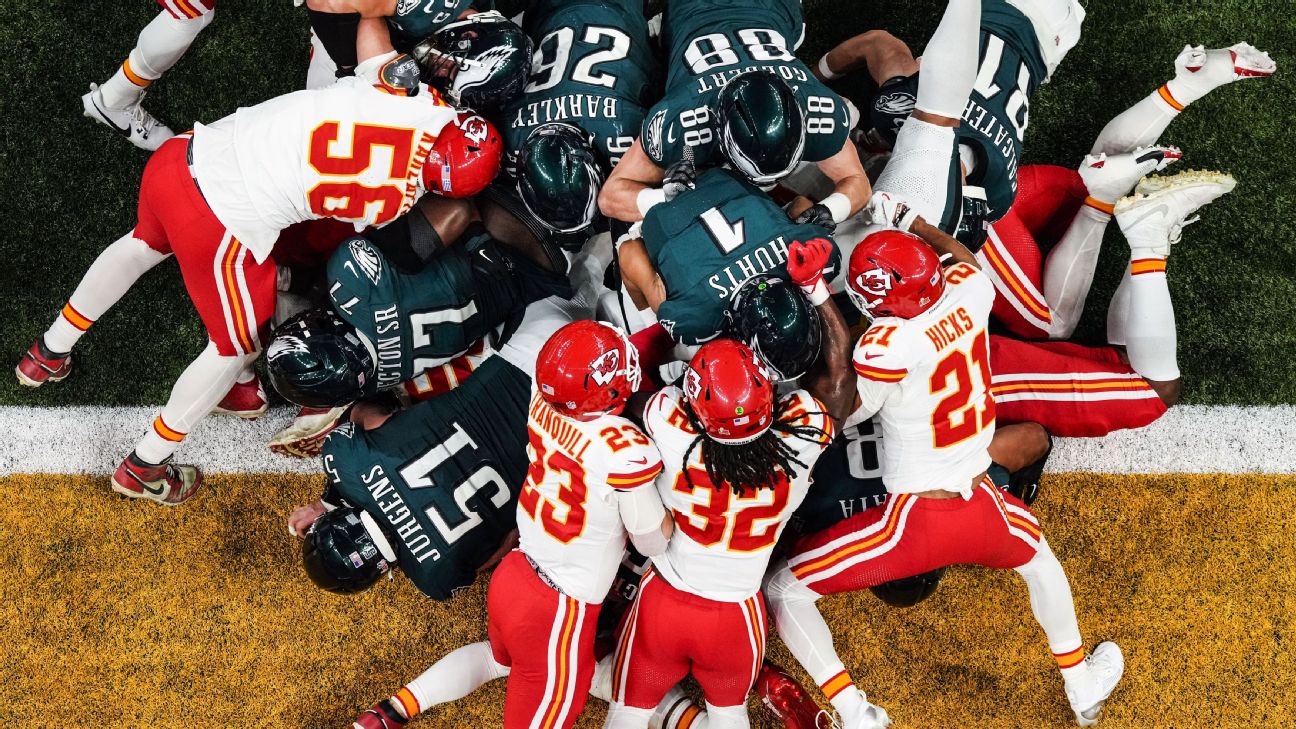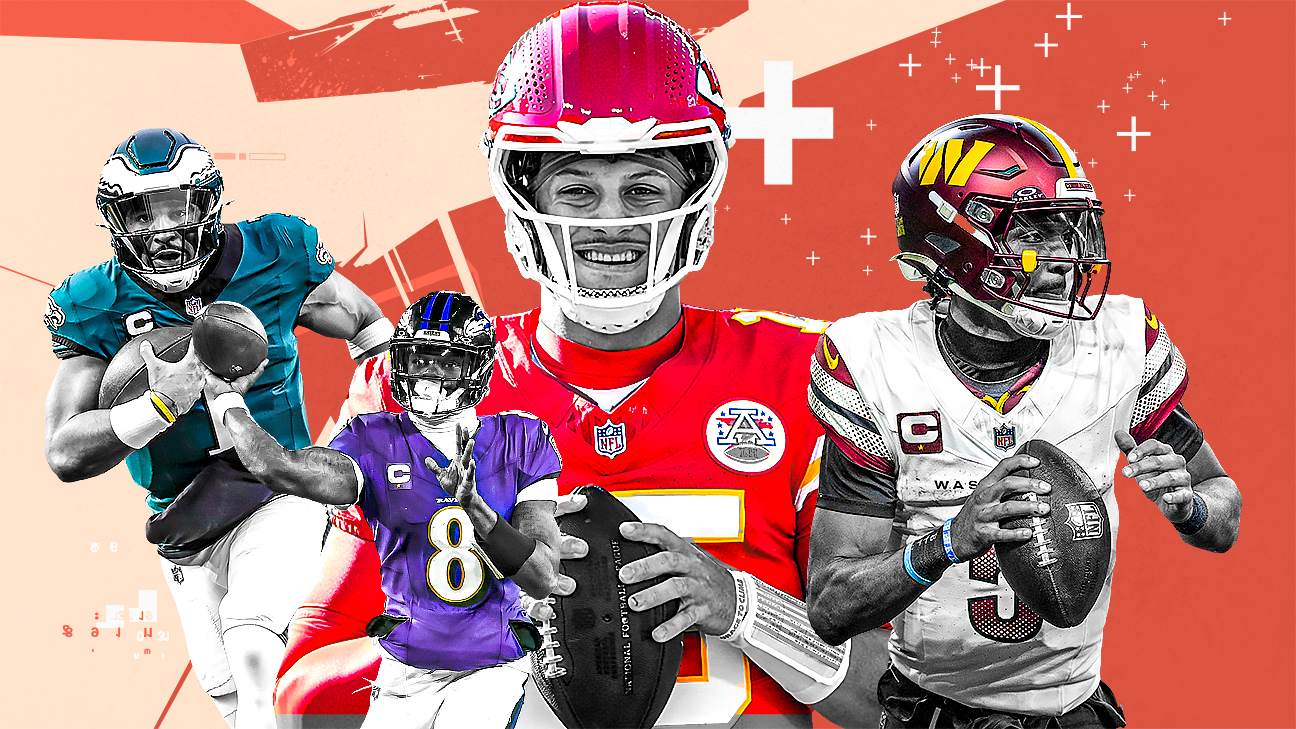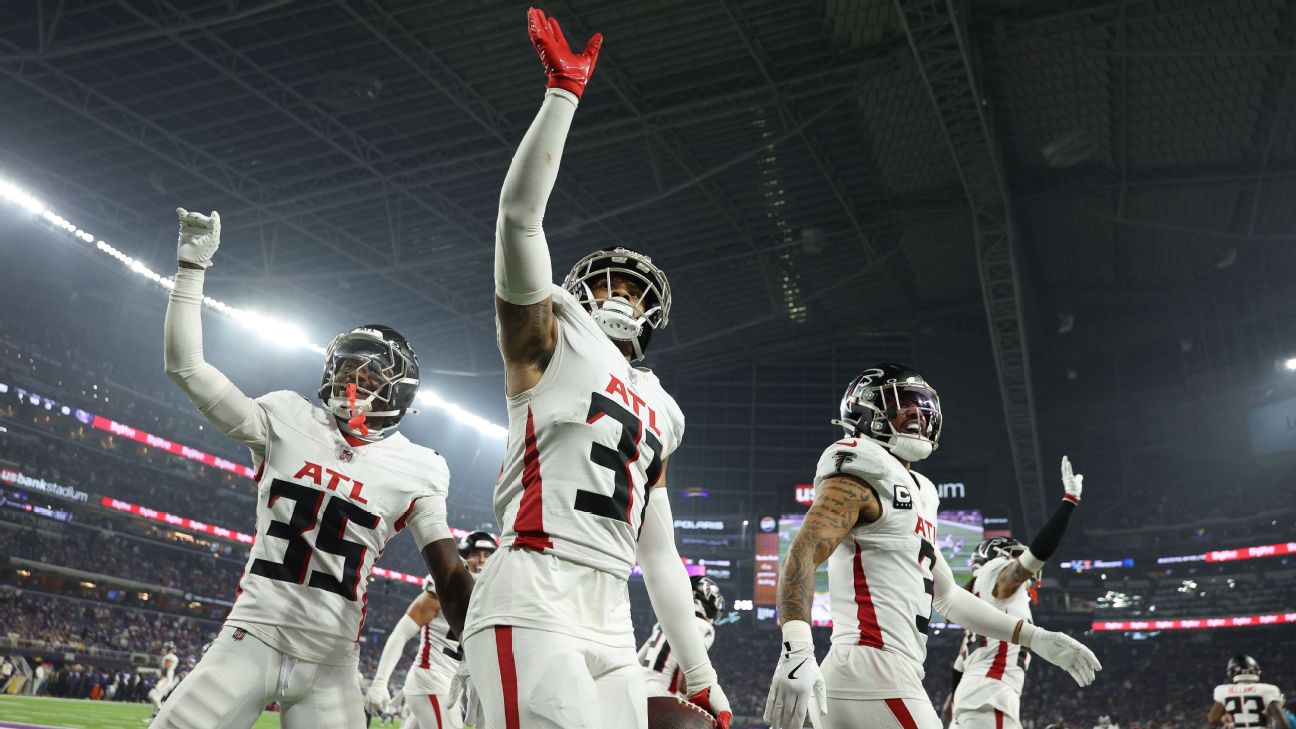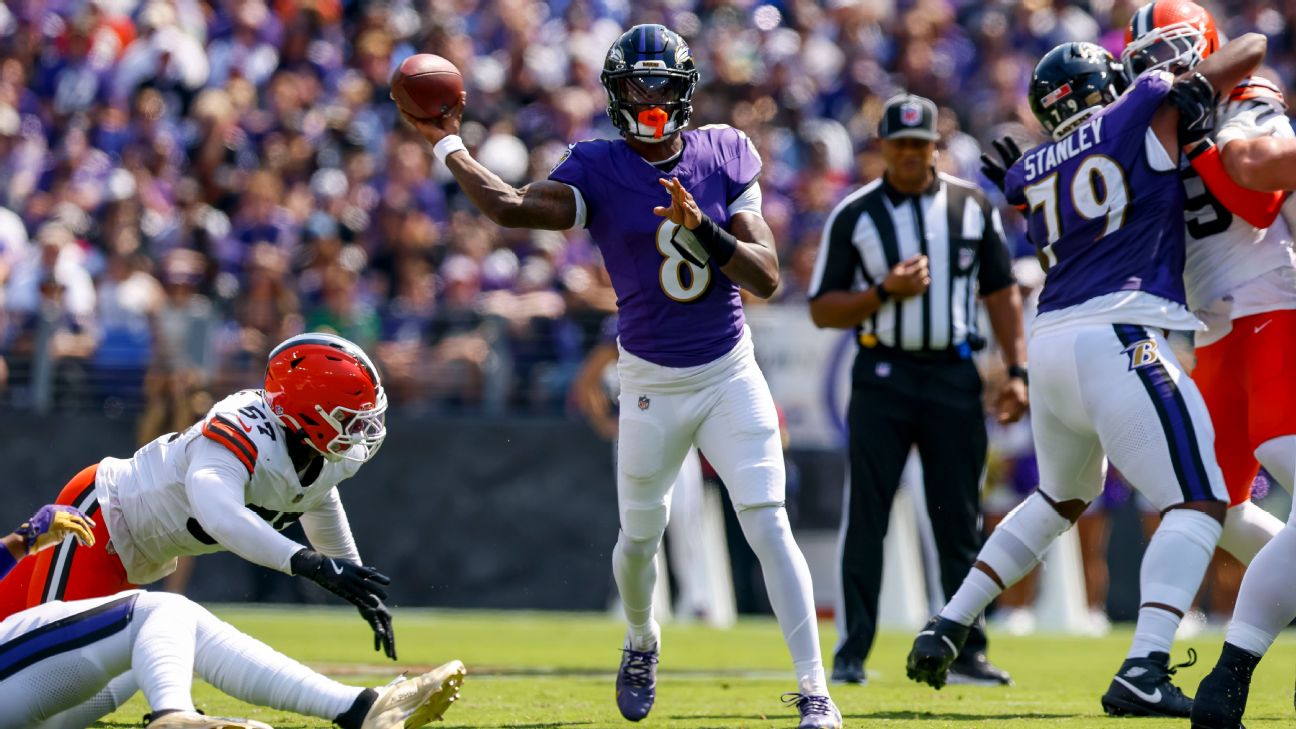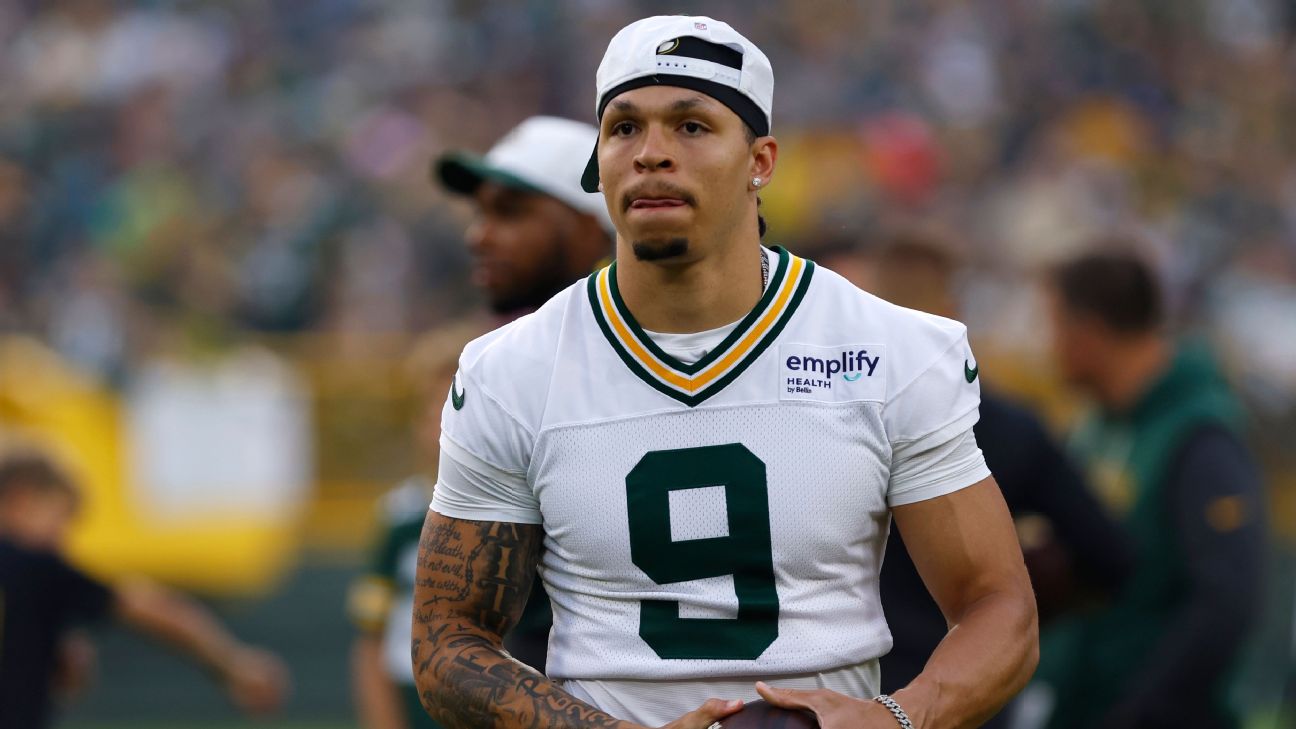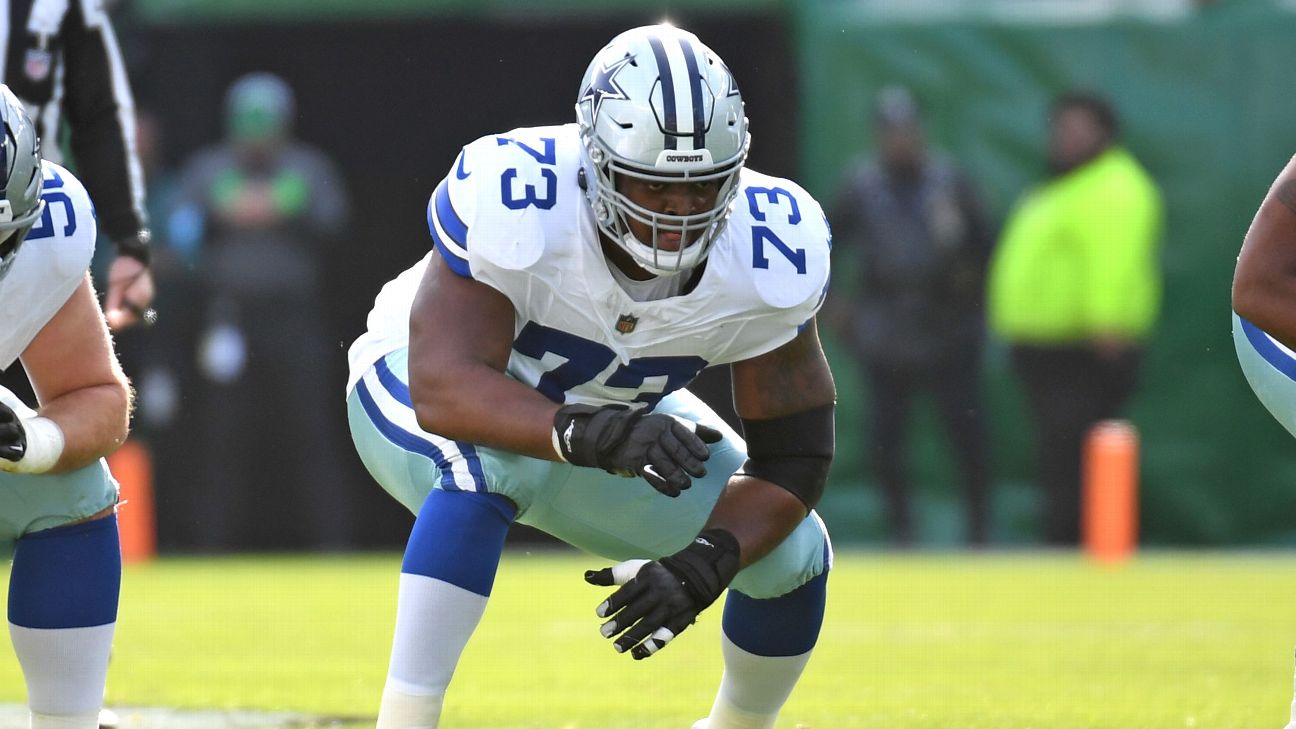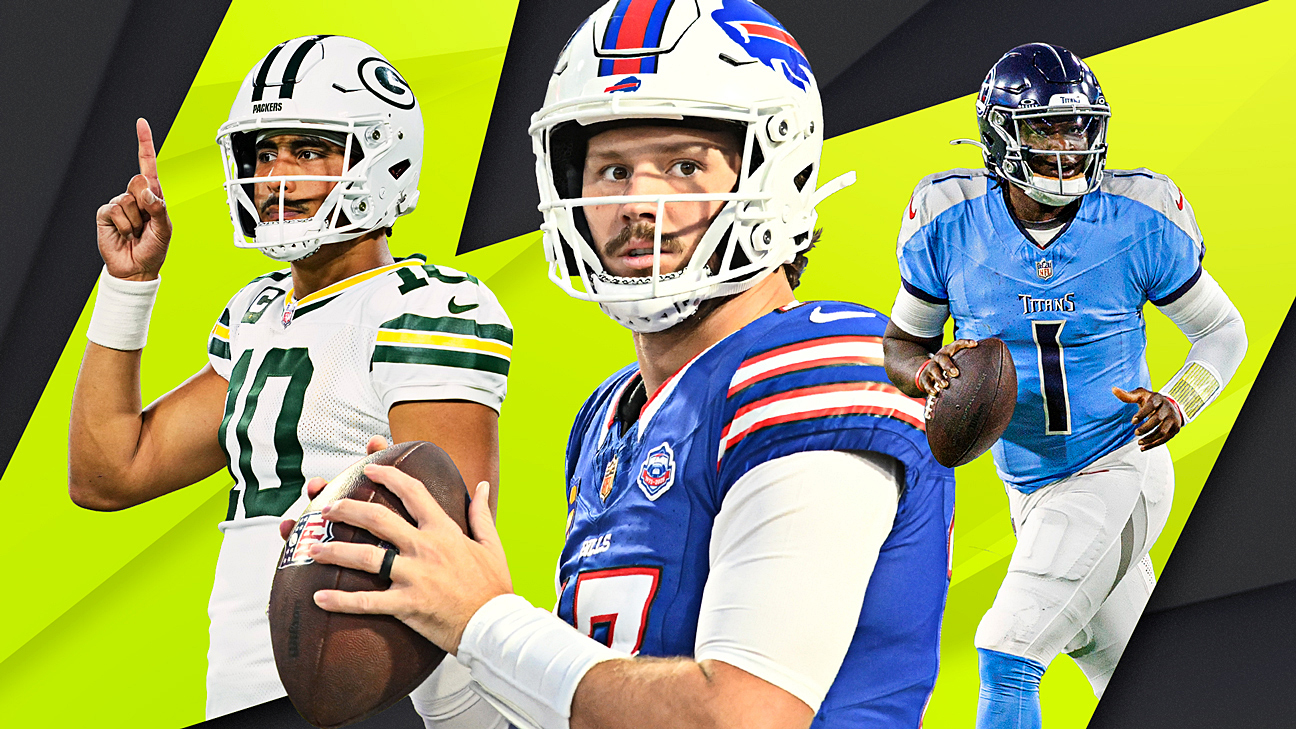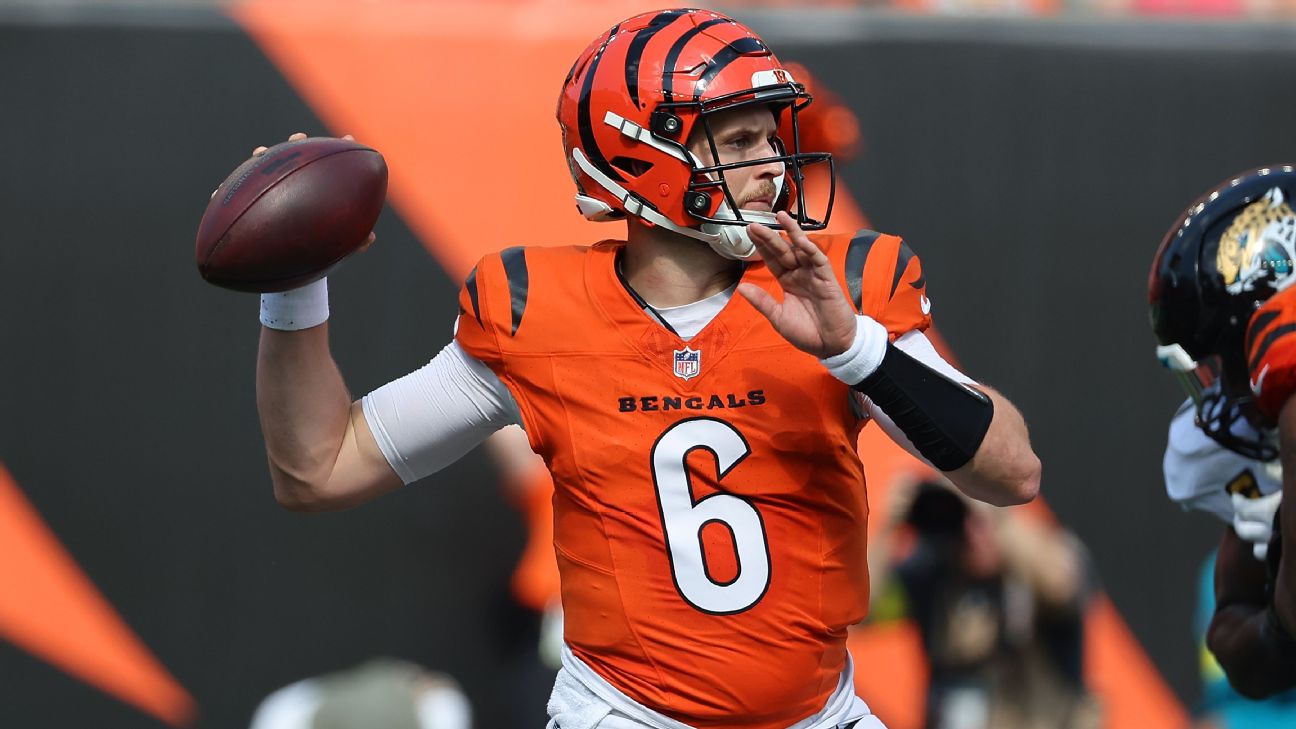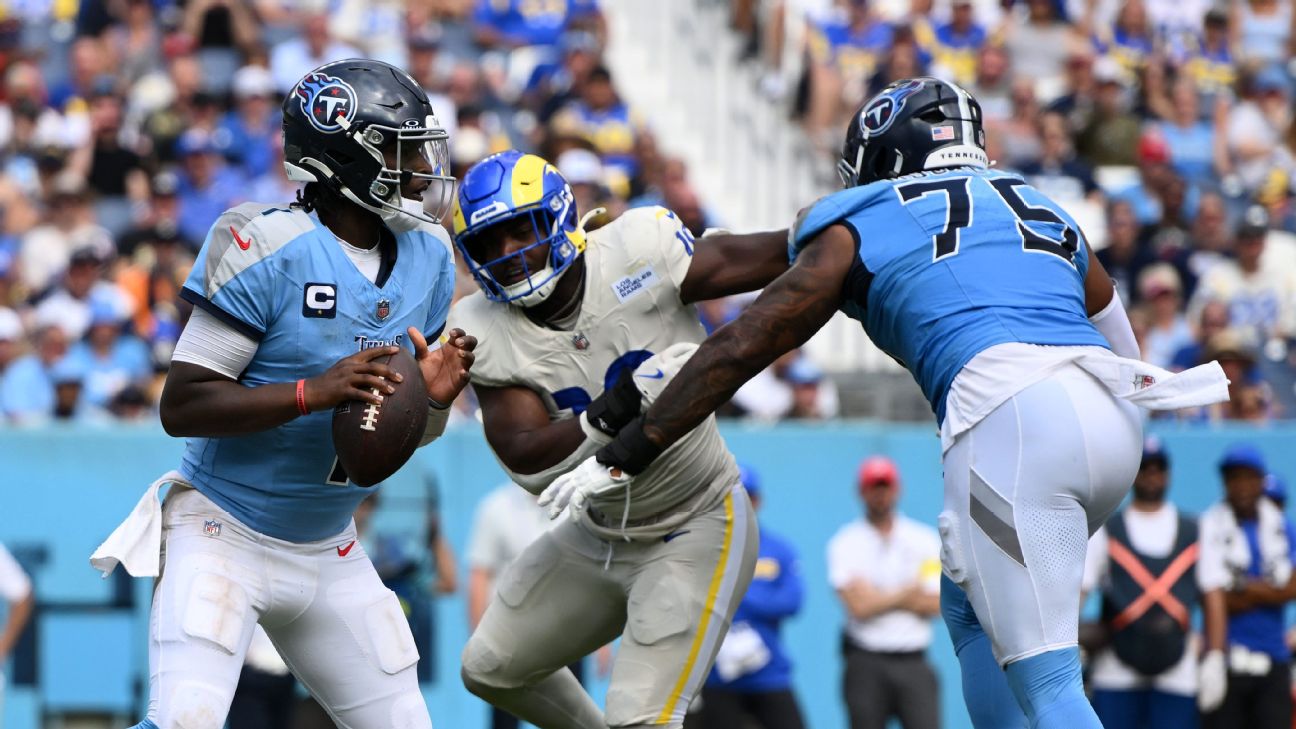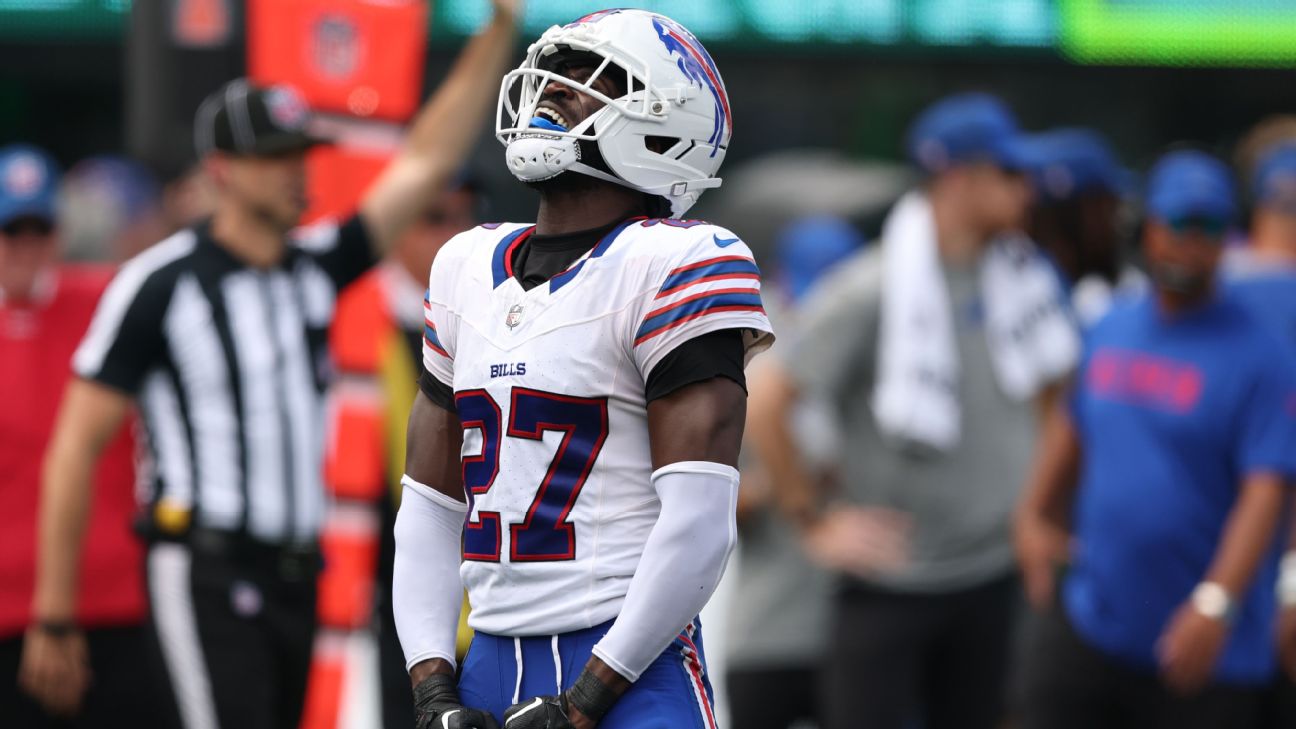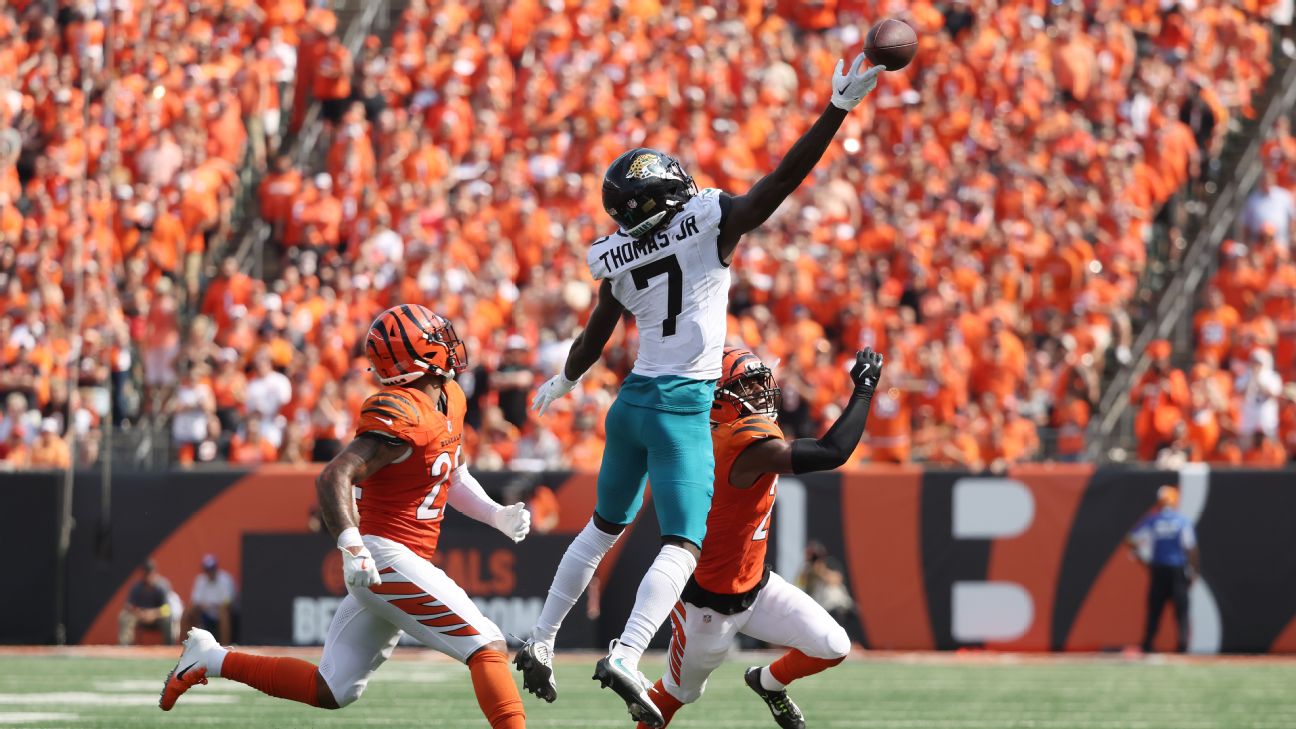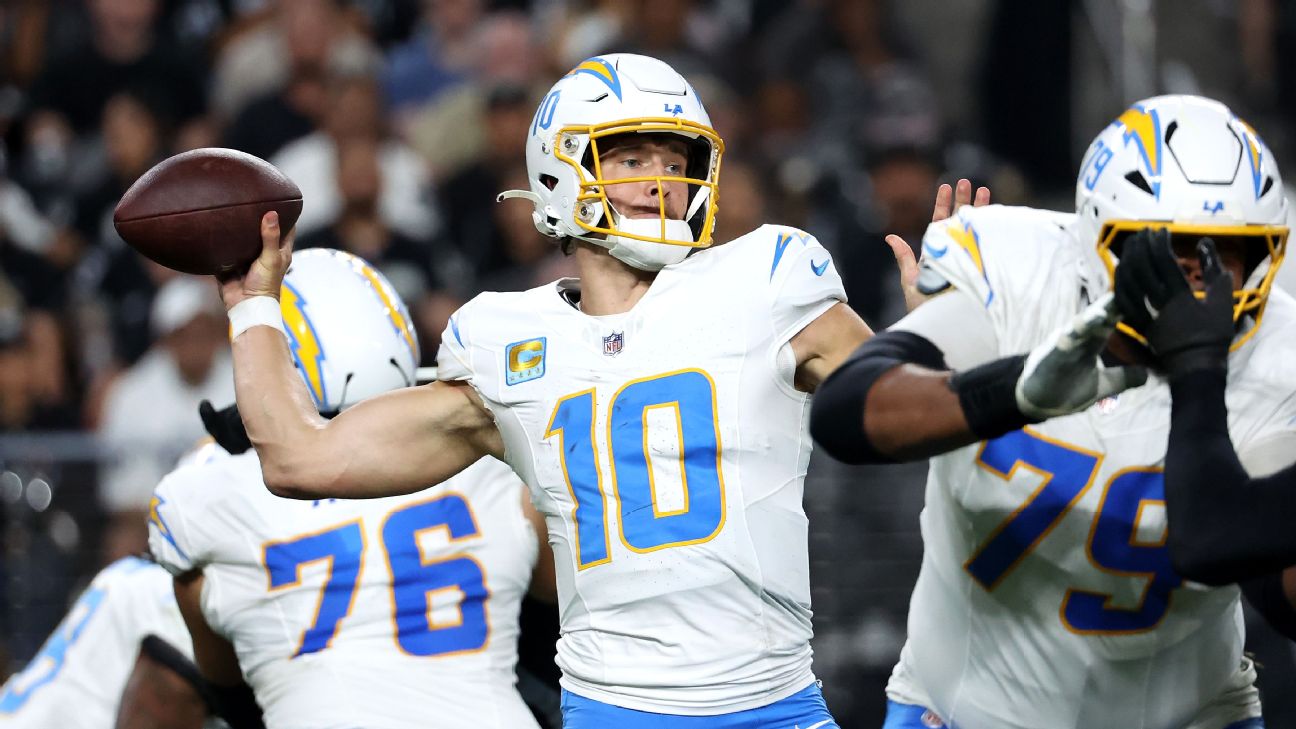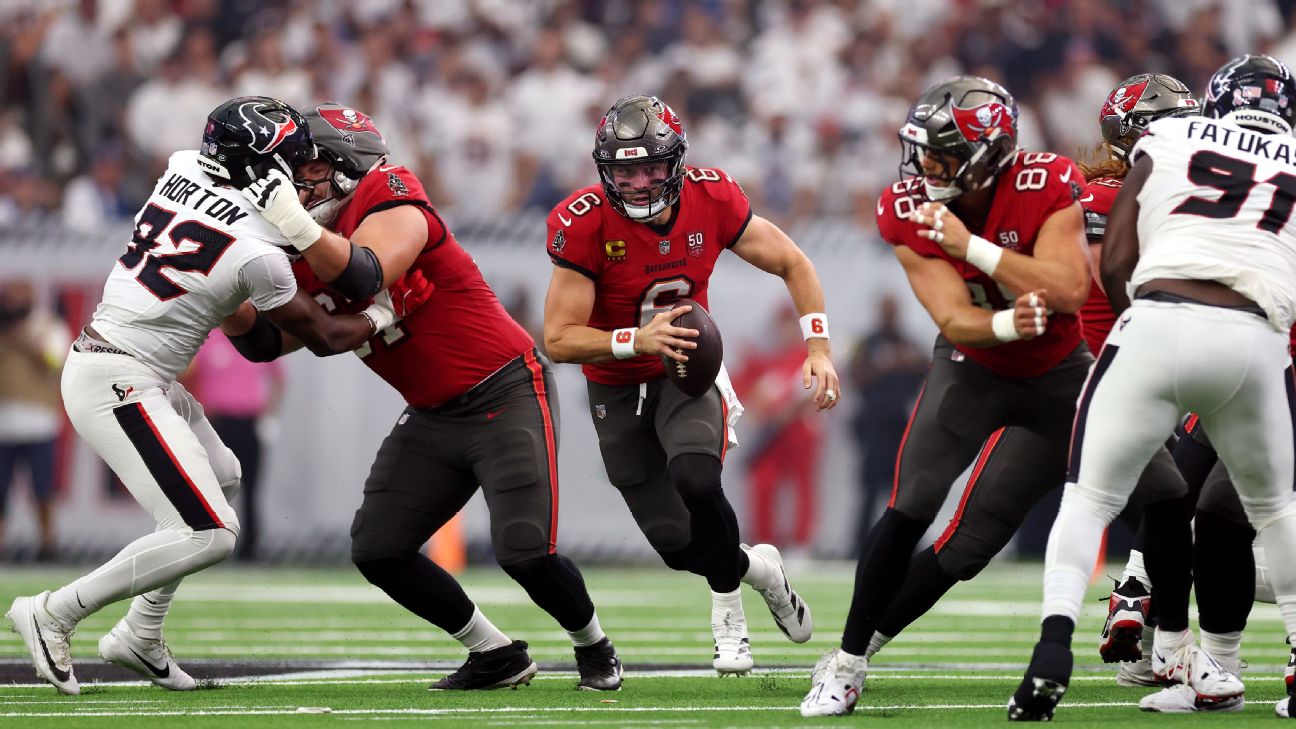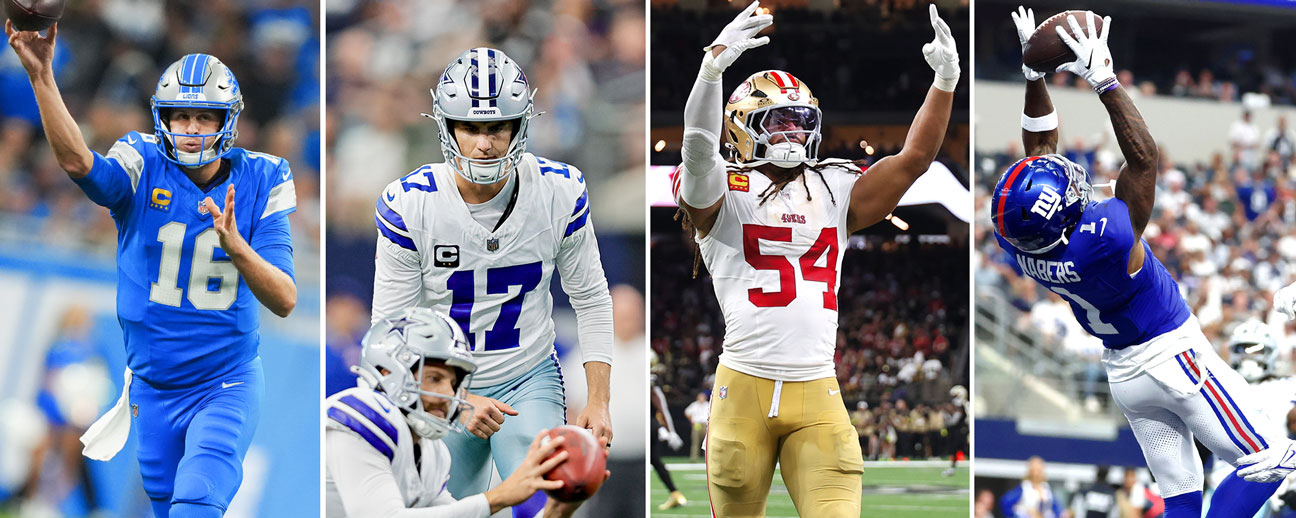Travis Hunter's Two-Way NFL Journey: Contract Implications and Future Earnings
Explore how Travis Hunter's unique two-way role in the NFL could impact his contract, earnings, and the league's salary cap structure.

Travis Hunter's Two-Way NFL Journey: Contract Implications and Future Earnings
Travis Hunter, the Jacksonville Jaguars' rookie sensation, is set to make history as the first full-time two-way player in the NFL in over 60 years. Hunter, who excelled as both a wide receiver and cornerback at Colorado, has been practicing with both the offense and defense during the offseason. This dual role could significantly influence his future earnings and the Jaguars' salary cap management.
Performance-Based Pay
Hunter's ability to play on both sides of the ball could greatly benefit him in the NFL's performance-based pay (PBP) system. The PBP system awards bonuses based on a player's playing time from the previous season. Given Hunter's potential to accumulate snaps on offense, defense, and special teams, he could be in line for a substantial bonus. For instance, if Hunter becomes the Jaguars' player with the most overall snaps, he could earn an additional $300,000 to $400,000 in performance-based pay.
Fifth-Year Option and Franchise Tags
As a first-round pick, Hunter's contract includes a team option for a fifth season. The amount of this option is determined by his playtime and Pro Bowl selections in his first three years. If Hunter continues to excel in both roles, the Jaguars will face a unique decision: whether to classify him as a wide receiver or a cornerback for the fifth-year option. This classification could significantly impact his earnings, as the top wide receiver option number is higher than that of a cornerback.
Contract Incentives
Hunter's dual role also opens up intriguing possibilities for contract incentives. The NFL's collective bargaining agreement (CBA) allows for bonuses tied to various achievements, such as rushing yards, receiving yards, interceptions, and sacks. Given Hunter's unique position, his agents could negotiate incentives that combine offensive and defensive statistics. For example, he could earn an extra $1 million if he achieves eight receiving touchdowns and eight interceptions in the same season.
Future Negotiations
Hunter's performance could set a precedent for future two-way players in the NFL. By the time he is eligible for a new contract, the league and the players' union might need to address the challenges of compensating such versatile talents within the salary cap framework. Hunter's journey could lead to changes in the CBA, ensuring that future two-way players are fairly compensated for their contributions on both sides of the ball.
In conclusion, Travis Hunter's two-way experiment in the NFL is not just a testament to his exceptional talent but also a catalyst for potential changes in how the league manages contracts and salary caps for versatile players. As Hunter continues to make his mark, the NFL world will be watching closely to see how his unique role shapes the future of the game.












